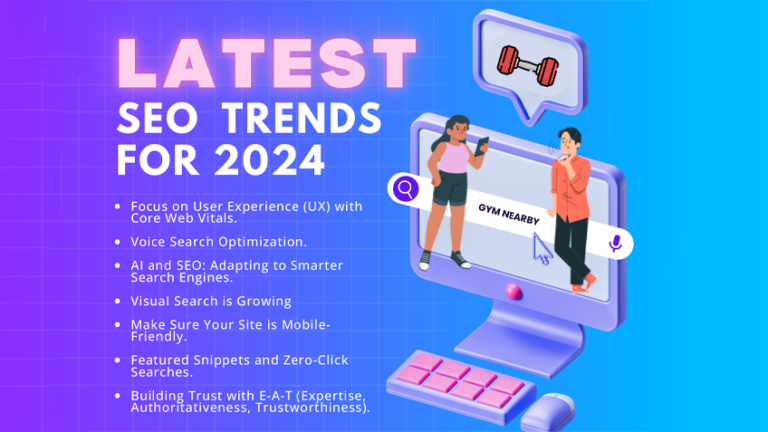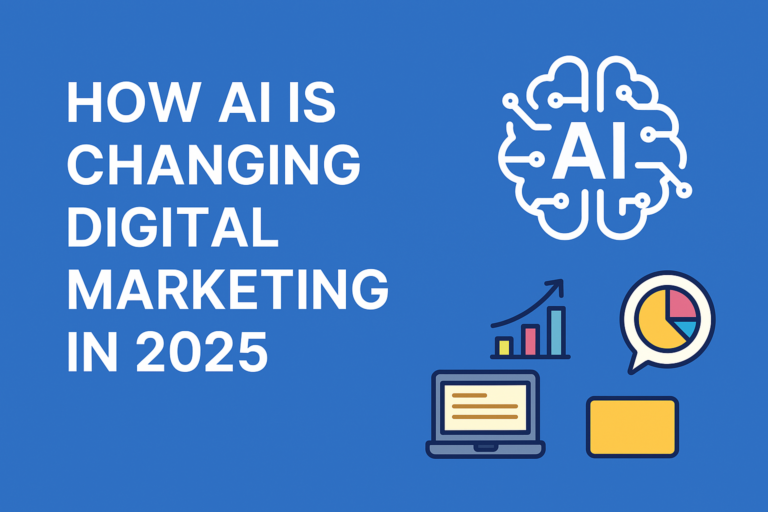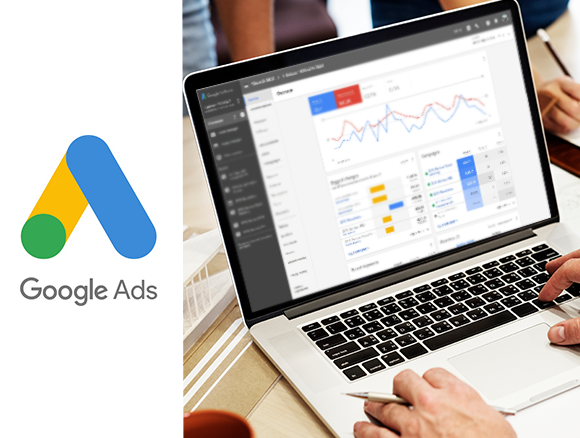Search Engine Optimization (SEO) is one of the best ways to help your business grow online. It helps your website show up higher on Google when people search for things you offer. If your SEO is strong, it becomes easier for people to find your website, visit it, and even contact or buy from you.
To start improving your SEO, you first need to understand the basics. SEO means making your website more useful and easier to understand for both people and search engines. You can do this by using the right keywords, writing helpful content, and making your site simple to use.
Start by researching the right keywords. These are the words your target audience types when looking for your product or service. Use tools like Google Keyword Planner to find popular but less competitive words. Once you have your keywords, add them naturally to your page titles, headings, and content. Avoid using them too much — that can hurt your ranking. Just focus on keeping your content easy to read and useful.
Long-tail keywords are also very helpful. These are longer phrases like “best skincare products for oily skin.” They may get fewer searches, but the people who find you through them are more likely to take action. These keywords help you connect with people who know exactly what they want.
Next, focus on creating good content. Your blog or website text should answer questions, solve problems, or offer helpful tips. When your content is useful, visitors stay longer and are more likely to come back. Use clear headings to make your writing easy to scan. Also, update your content regularly by adding new blog posts or editing older pages. This shows Google your website is active.
Your website’s performance also affects SEO. Make sure your site loads quickly, especially on mobile phones. Use tools like Google PageSpeed Insights to check your speed and follow the tips it gives. Your site should look good on all screen sizes. Use a mobile-friendly design that adjusts to phones and tablets. Make sure your menu is simple and easy to use so people can find what they need fast.
Backlinks also play a big role in SEO. These are links from other websites that point to your site. When trusted websites link to you, it tells search engines that your content is valuable. Focus on getting backlinks from good sources. You can guest post on other websites in your niche and include a link to your site. Also, create helpful content like infographics, guides, or research that others will want to share.
Using the right tools helps you track your SEO performance. Google Analytics shows how many people visit your website, what pages they visit, and how long they stay. Google Search Console helps you find problems like broken links or crawl errors and shows how your site appears in search results. If you use WordPress, you can also install plugins like Yoast SEO, which guide you step-by-step to improve your content and SEO.
Lastly, SEO is not something you do once. It needs regular attention. Keep checking how your website ranks for your chosen keywords. Use data from your SEO tools to see what’s working and what needs to change. Be ready to update your strategy when needed. SEO changes over time, so keep learning and stay updated.
What are long-tail keywords and why are they important?
Long-tail keywords are longer and more specific phrases. They attract more targeted traffic and can help you reach a more specific audience, improving your chances of conversion.
How can I improve my website’s loading speed?
You can improve loading speed by optimizing images, using efficient coding practices, and enabling browser caching. Tools like Google PageSpeed Insights provide suggestions for improvement.
Why is mobile-friendly design important for SEO?
A mobile-friendly design ensures that your website looks good and functions well on all devices. With more people using smartphones to browse the internet, a mobile-friendly site improves user experience and can boost your search engine ranking.
What are backlinks and how do they affect SEO?
Backlinks are links from other websites to your site. They act as votes of confidence, telling search engines that your content is valuable. Quality backlinks from reputable sites can significantly improve your SEO.
How often should I update my website’s content?
Regular updates are important to keep your content fresh and relevant. Add new blog posts, update old articles, and remove outdated information to show search engines that your site is active.
What tools can help me track my SEO performance?
Tools like Google Analytics and Google Search Console can help you track your SEO performance. They provide insights into your traffic, user behavior, and search engine rankings, helping you make data-driven decisions to improve your SEO.
If you're looking for any services regarding Digital Marketing or Website Developement, Please Contact now.






Leave a Comment